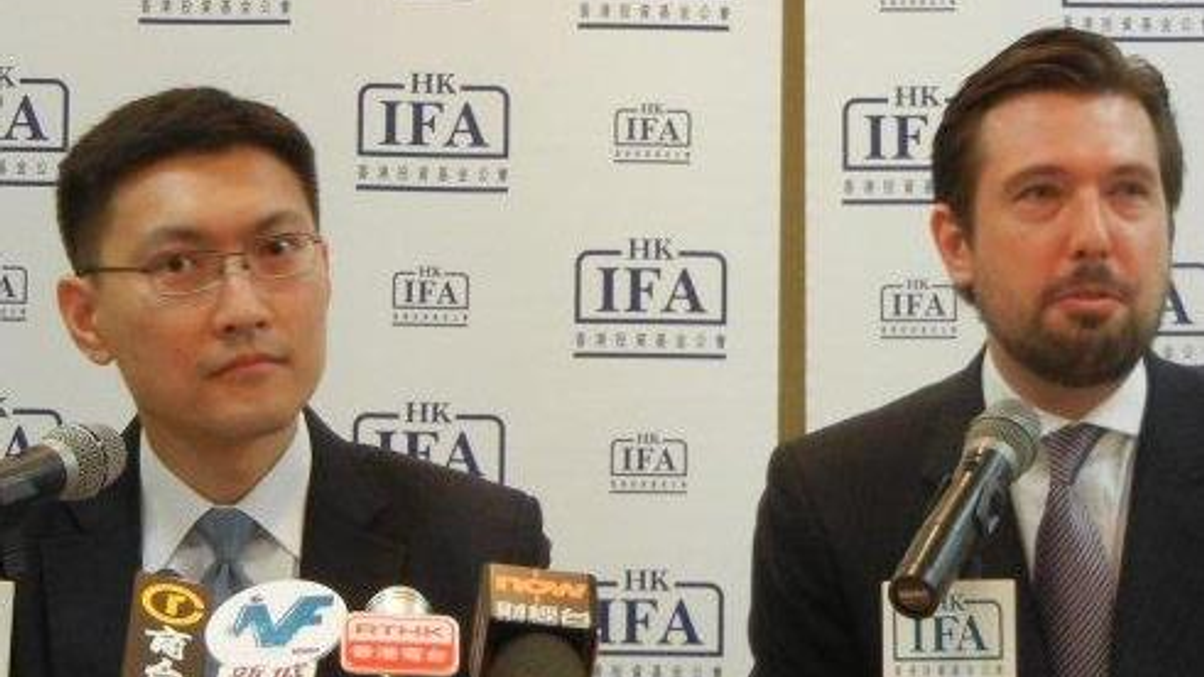HKIFA proposes best bond practices for Asia
Among other things, the Hong Kong Investment Funds Association wants to see covenants honoured, rebates dropped and ratings requested.

As Asian fixed-income assets become an increasingly important part of global debt capital markets, the Hong Kong Investment Funds Association (HKIFA) has proposed seven best practices for issuers and portfolio managers.
Sign in to read on!
Registered users get 2 free articles in 30 days.
Subscribers have full unlimited access to AsianInvestor
Not signed up? New users get 2 free articles per month, plus a 7-day unlimited free trial.
¬ Haymarket Media Limited. All rights reserved.


